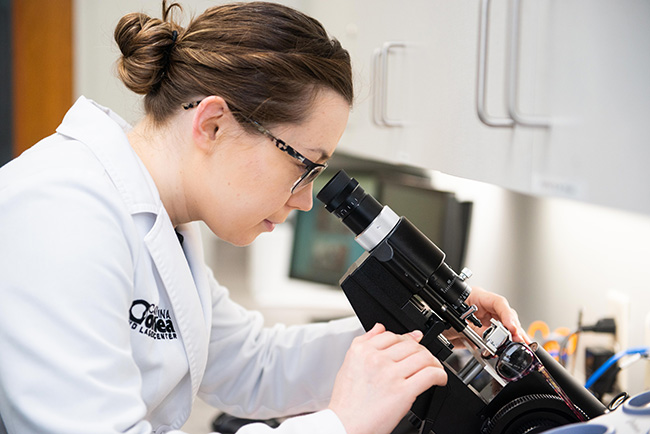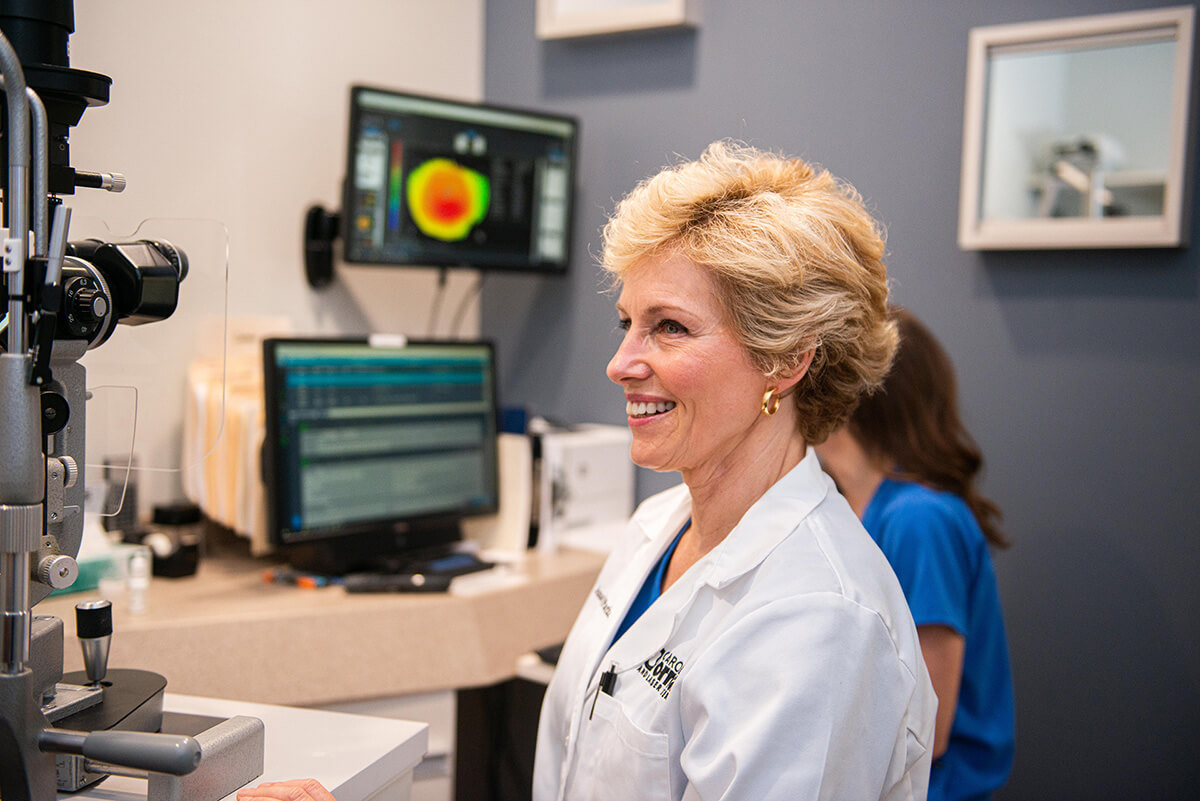What is cataract surgery?
If you are one of the millions of people who suffer from cataracts, you are not alone. You are probably wondering what types of cataract surgery are available and what are the best types of lenses for cataract surgery? Cataract surgery is performed as an outpatient procedure. The surgery involves removing the cloudy lens and replacing it with an artificial lens, called an intraocular lens (IOL). The advances in surgical procedures have allowed cataract sufferers to enjoy improved clarity and color once again. Cataract surgery recovery is rapid and patients can typically return to their normal functioning in a few days.



